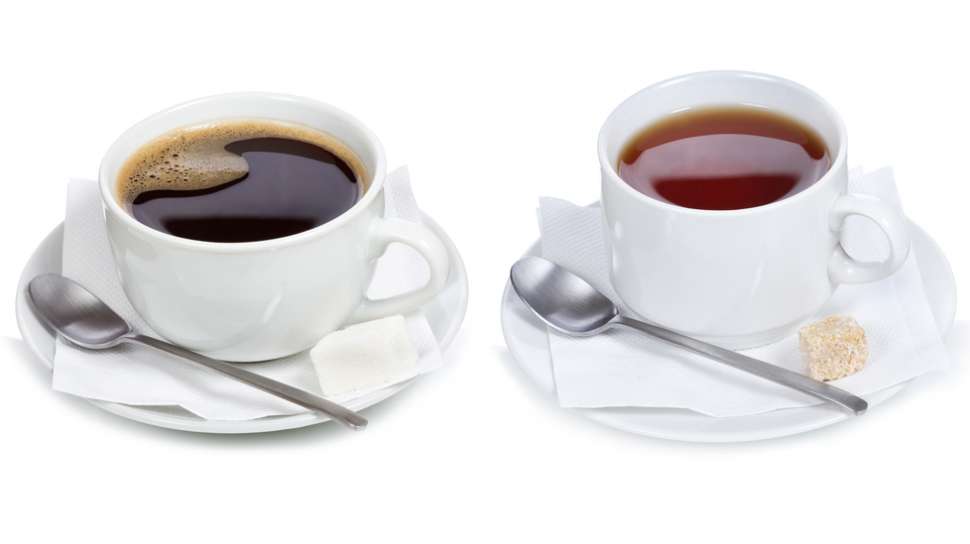Suara.com – Caffeine is a naturally occurring substance found in the leaves, seeds, and fruit of more than 63 plant species worldwide. Some caffeinated products, including tea, coffee, soft drinks, and energy drinks with higher caffeine content.
The caffeine in the drink acts as a stimulant to delay fatigue, which can lead to insomnia in people prone to caffeine. Caffeine has also been shown to act as a mild diuretic that helps you to lose weight.
Despite the extensive research on caffeine, there are many misconceptions about this dietary component. The following is quoted from Times of India, there are 5 myth most common about caffeine.
1. Caffeine is addictive
You may have heard that caffeine can make a person addicted. In fact, caffeine is not addictive. However, a person may experience headaches, fatigue and drowsiness when they stop drinking caffeine suddenly.
These symptoms usually last a maximum of a day and can be easily managed by gradually reducing caffeine intake.
2. Caffeine increases the risk of heart failure
Several large-scale studies have shown that caffeine does not increase cardiovascular risk and has no negative impact on cholesterol and heart rate.
Although people who are sensitive to caffeine usually experience a slight increase in blood pressure. However, this increase in blood pressure is similar to normal activities, such as climbing stairs.
Also Read:
Fatigue After Recovering from the Covid-19 Corona Virus, Try These 5 Foods!
3. Caffeine causes cancer
There is sufficient scientific evidence to prove that caffeine will not increase the risk of cancer. Two large-scale studies in Norway and Hawaii, including more than 20,000 people, found no link between regular coffee or tea consumption and cancer risk.

4. Caffeine increases the risk of osteoporosis
There are studies showing that caffeine intake can increase calcium loss in the urine. However, the loss of calcium in the urine Due to caffeine is only a small amount.
Caffeine also does not affect calcium balance or bone density. In fact, a growing body of research has confirmed that caffeine intake is not a risk factor for osteoporosis.
5. Caffeine should not be used for pregnant women or planning to become pregnant
Research has observed the effects of caffeinated beverages on reproductive factors. Studies show that moderate caffeine consumption is safe for pregnant women and their unborn child. There is no strong evidence to find an association between caffeine intake and the ability to get pregnant.
However, two large studies in the United States found no correlation between caffeine consumption and pregnancy outcomes or birth defects. So, it would be nice for pregnant women to consume caffeine in moderation or about 300 mg per day.
– .


